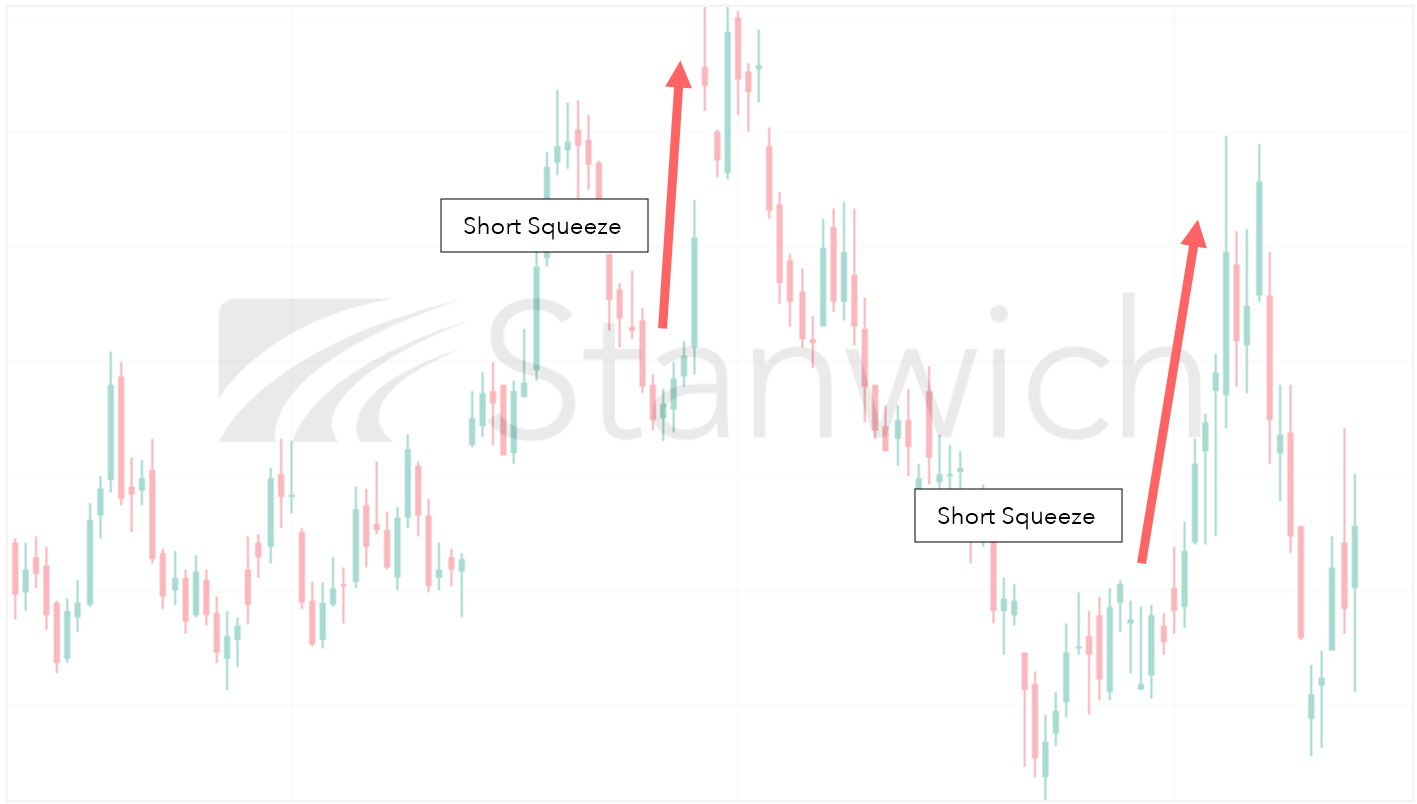Explore Other Resources
Subscribe Today!
Market Movers: How Short Covering Ignites the Natural Gas Market
Explore the effects of short covering in the natural gas market on pricing and trends, revealing larger shifts within the energy sector. This piece sheds light on the intricate relationship between trader behaviors and energy price fluctuations.
In simple terms, when traders are "short" in the natural gas market, it means they have sold natural gas contracts expecting the price to fall. If they believe the price of natural gas will instead rise, they might decide to "cover" their short positions. This is done by buying back the same number of contracts they initially sold, to avoid potential losses from rising prices.

Here's how this short covering impacts the natural gas forward market:
- Increased Buying Activity: As traders buy back contracts to cover their short positions, there's an increase in buying activity in the market. This demand can lead to higher prices because more people are trying to buy natural gas contracts.
- Price Volatility: The sudden surge in buying to cover short positions can cause prices to fluctuate more than usual. This volatility can affect traders' strategies and decisions, making the market unpredictable in the short term.
- Sentiment Shift: If many traders are covering their shorts due to an anticipated rise in prices, it can signal a shift in market sentiment. Other market participants might interpret this as a bullish sign (expecting prices to go up) and could adjust their strategies accordingly, potentially leading to further increases in prices.
- Liquidity Impact: Short covering can also impact the liquidity of the market, which is the ability to buy or sell an asset without causing a significant change in its price. High levels of short covering can temporarily boost liquidity, as more contracts are being traded. However, if too many traders try to cover their shorts at once, it could lead to a squeeze, where the price jumps significantly due to limited supply of contracts.
In essence, short covering in the natural gas forward market can lead to increased demand and prices, create volatility, signal changes in market sentiment, and affect liquidity. These dynamics are important for energy buyers to monitor, as they can influence the broader energy market.
For additional information please contact us to schedule a quick call.
